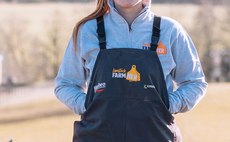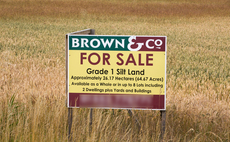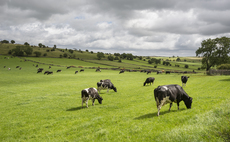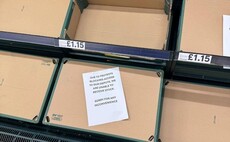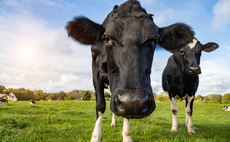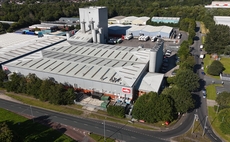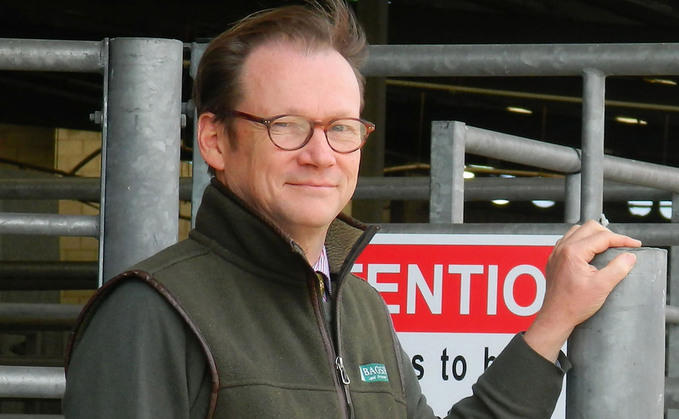
Alastair Sneddon on British wool's value.
I cannot help but think that we are going to see a new golden age for wool, in which, although prices have hardened slightly, it is still grossly undervalued.
The value of wool, certainly in the UK, makes up a tiny proportion of a sheep's value. Auctioneers and farmers alike have enjoyed the much better prices for sheepmeat that have prevailed since Brexit/Covid-19 altered everything.
Of course, if lambs and cull ewes are more valuable then breeding sheep take a lift in price, as do rams, and the entire industry benefits.
All the above is based upon the trade for meat which must reach an upper limit or lamb/mutton will price itself off the menu. To put these thoughts into context, last week's finished lambs at Bakewell were around £12 per head more than the equivalent market last year.
Our mule ewe lamb sale in September saw prices up by about £20 per head, with shearling ewes up around £15 per head.
Farmers definitely need these higher prices and not just now, but more importantly in future years when subsidies have dwindled and the sheep enterprise will have to stand on its own four feet.
This is all good stuff for farmers and auctioneers alike, but the figures quoted above are all based on the value of sheepmeat which must eventually reach an upper limit or lamb/mutton will price itself off the menu.
So how can we make a sheep more valuable without further increasing meat prices? The answer must be to stimulate demand for wool so a portion of the value of a sheep relates to that commodity.
Wool must surely be due for a serious revival. With the media packed with stories about global warming, climate change, the need to recycle and avoid products based upon fossil fuels, wool has much to offer.
Entirely natural
Wool is an entirely natural product with none of the drawbacks of ‘man-made' fibres, and being of ‘sheep-made' fibres, has many qualities that resonate with the current concerns about the environment. Which includes insulation and so should appeal to the protesters on the M25.
If is even capable of being recycled. In less throw-away times many an old jumper was unravelled prior to being made into another garment. Perhaps if gas boilers were banned we would all have to wear extra layers of woollen clothing.
No-one has a greater vested interest (no pun intended) in promoting the qualities of wool than sheep farmers, because it is unlikely that anyone else will do it for them. Pursuing this line of thinking I thought back to the Middle Ages when the wool was presumably of more value than the meat.
In medieval times, merchants and farmers made great profits from trading wool in many cases to the Flemish Weavers. They used their wealth to fund the construction and embellishment of so called ‘wool churches' chiefly in East Anglia and the Cotswolds.
It would appear this process was what you might call ‘afterlife' insurance. The thinking at the time was that lavish expenditure of this type would guarantee you went to Heaven rather than the other place. There was also the idea that if you donated enough you could climb the pecking order in the heavenly host, rather like an upgrade to business class.
The lasting legacy is of course the magnificent buildings that still remain today, having altered very little in almost 1,000 years. Of course, what we do not know is whether their efforts paid off. We will have to await our turn to find out.
Alastair Sneddon
Alastair Sneddon is a senior partner at Bagshaws. Call 01629 812 777, or email [email protected]








